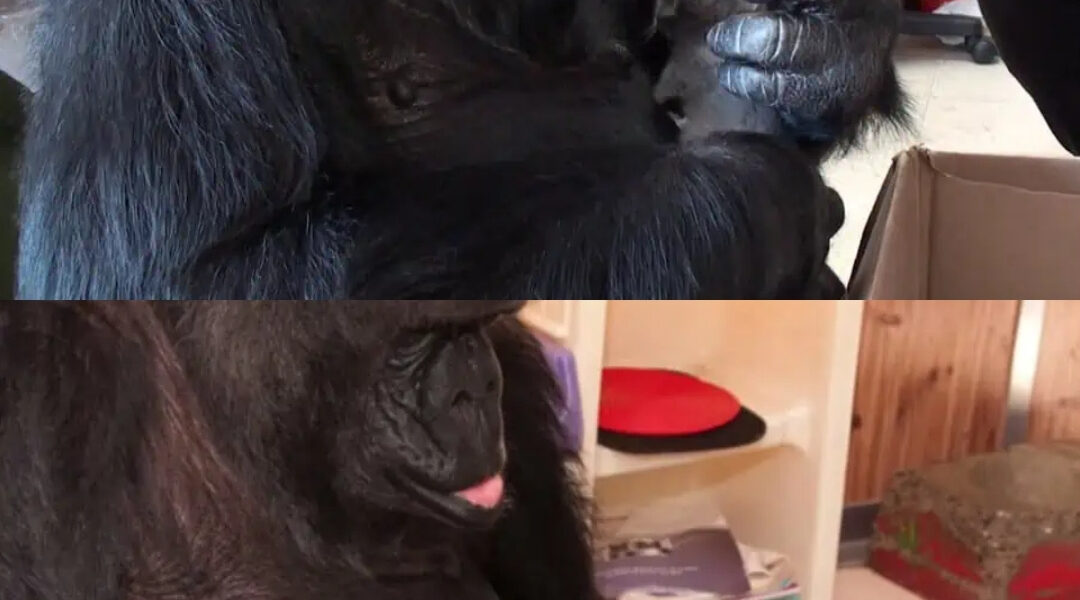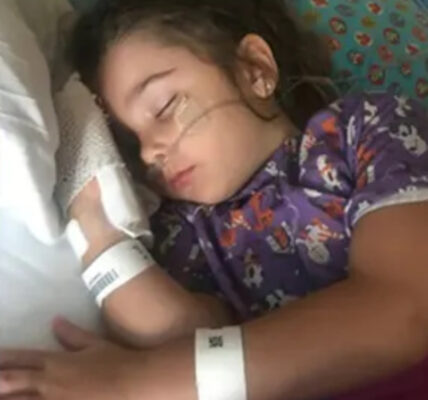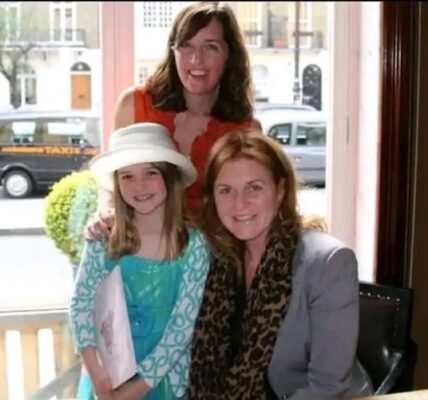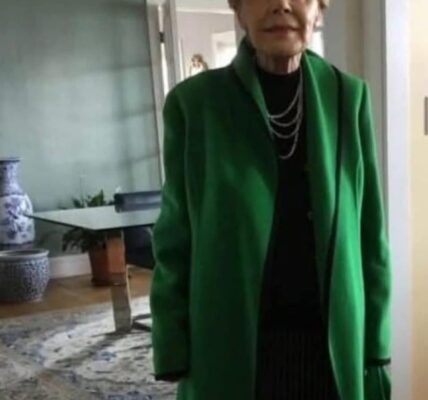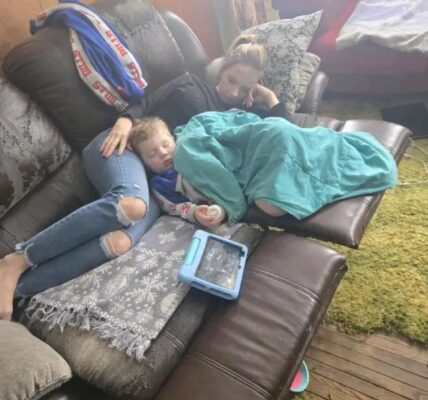She had spent most of her life being studied, filmed, documented, and admired. But beneath the cameras, the research papers, and the headlines that called her “the gorilla who learned to speak,” Koko was still something far simpler, and far more universal: a soul that longed to love and to be loved.

For 44 years, Koko surprised the world. She could sign over a thousand words, understood two thousand more, and could hold conversations that left even scientists speechless. She joked, she mourned, she asked questions no one believed an animal could form. And yet, of all the things she signed, none appeared more often — or more softly — than one simple word:
“Baby.”
Sometimes she signed it while cradling her gorilla doll. Sometimes while watching a mother on TV holding her child. Sometimes while simply sitting in silence, her hands forming the gesture again and again, as if calling something she had never been given.
Her trainer, Dr. Francine “Penny” Patterson, had known Koko since the gorilla was a year old. Their bond went beyond research; it was a friendship, a sisterhood. Penny saw in Koko what few others ever had — not just intelligence, but tenderness.
So when Koko’s 44th birthday arrived, Penny decided to give her what she had been longing for, though in a different form: not a human baby, not a gorilla baby…
But a life she could love, cradle, and call her own.
A litter of kittens.

The moment the cardboard box was placed in front of Koko, the room seemed to hold its breath. Koko leaned forward slowly, not rushing, just watching. The first tiny head peeked out, whiskers twitching, fur the color of storm clouds. Koko’s large hand rose, hesitated mid-air, then gently touched the kitten’s back — a touch so feather-soft that even the trainers felt something tighten in their chest.
Then, Koko signed.
“Cat.”
“Baby.”
It was not just labeling. It was claiming.
The kitten didn’t flinch. It curled against her fur like it belonged there, like it had always belonged there.
And in that moment, something ancient — something instinctual — rose inside the gorilla.
She lifted the kitten, held it to her chest, rocked it the way she rocked her dolls. She tapped her chest and signed softly:
“Koko love.”

The room was silent. A 300-pound gorilla was cradling a palm-sized kitten with the gentleness of a mother afraid to break a miracle.
As the hours passed, the trainers watched Koko discover something she had only ever imagined in signs and gestures. One of the kittens tried climbing out of the carrier bag and scrambled toward her. Koko reached out, not pulling, only guiding, letting the tiny body decide. When it reached her arm, it curled against her like a heartbeat seeking a larger one.
She signed again:
“Baby. Mine.”
Then she did something no one expected — she gestured for one kitten to be placed on her head. When the staff carefully did so, she froze in delight, eyes wide, as if the placement was a crown.
The world had always seen Koko as intelligent.
Now they saw her as maternal.

This wasn’t the first time Koko had asked for a baby. Back in 1984, she had signed that she wanted a “cat” for Christmas. She was given a kitten then, too — All Ball — whom she treated like her firstborn. When the kitten died in an accident months later, Koko mourned in a way that left even scientists shaken. She signed “Sad” and “Bad. Cry.” and refused to eat. For days, she grieved.
Some said that moment changed the world’s understanding of animals forever — because grief, especially deep grief, requires not just emotion, but memory, attachment, and love.

Now, 30 years later, Koko was being given the chance to love again.
What most people never knew was that Koko had spent her life surrounded by male gorillas, yet never became a mother. The foundation tried — they brought in companions, encouraged bonding — but nothing ever became a pregnancy. Research showed that she understood the idea of motherhood more clearly than the body that could never quite allow it.

But today — with two kittens in her arms — she signed the sentence that broke every heart in the room:
“Koko mother. Babies good.”

She didn’t just adopt them.
She believed in them.
Penny later said: “Her maternal instincts didn’t just flicker — they bloomed.”
And so the foundation allowed it. They let the kittens stay. They became a family — an unlikely one, but a real one.
Koko would stroke the kittens with one finger, like a painter touching wet paint. She tucked them under her arm, let them sleep curled in the warmth of her fur. She signed for them at breakfast. She even signed the word “Protect.”
Her life began to change in quiet ways — her conversations grew longer, richer. She asked for the kittens during her lessons, included them in greetings, wanted them beside her while she signed.
Love had given language new purpose.

Researchers from UC Santa Cruz later released a study proving that Koko didn’t just sign — she vocalized on purpose, challenging the old belief that apes could not control sound. Koko could blow raspberries for treats, fake cough to get attention, even mimic a phone call.
Humanity was discovering that intelligence was not ours alone.
But what they didn’t expect to discover was this:
Empathy wasn’t ours alone, either.
What began as a birthday gift became something far more powerful — a reminder that even across species, tenderness can be understood without words.
Koko never gave birth.

But she still became a mother.
Not because of biology.
But because of love — a love big enough to make room for tiny paws and steady purrs.
A gorilla who spoke with her hands found what she had been signing her whole life.

And in the soft rhythm of two kittens sleeping against her chest, Koko finally heard the answer she had been waiting for.
Not in English.
Not in sign language.
But in the universal language of being needed.
The language every mother knows.
